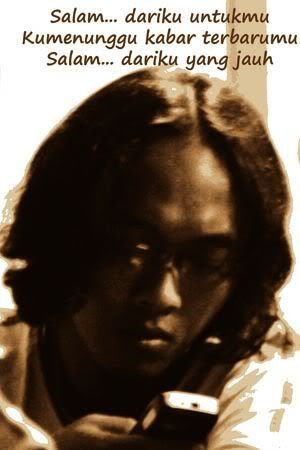Once, a chief of Bani Umar in the Arabian Peninsula have all sorts of people want, except for one thing, he had no child shall. Physicians in the village suggested a variety of herbs and drugs, but was unsuccessful. When all efforts seem fruitless, his wife suggested that they both kneel in front of God and sincerely ask God Almighty to give grace to them both. "
Why not?" Replied the chief. "We have tried many different ways. Let us try once again, had nothing to lose.
They kneel to God, in tears from the recesses of their wounded hearts. "O All Beloved, do not let our trees do not bear fruit. Let us taste the sweetness of a child cradled in our arms. Bestowed upon us the responsibility for raising a good man. Give us the opportunity to make thee proud of our son."
Soon, their prayer was granted, and God grant them a son, named Qais. The father is very happy, because Qais loved by everyone. He was handsome, beautiful, big-eyed, and black hair, which became the center of attention and admiration.
Continued....
